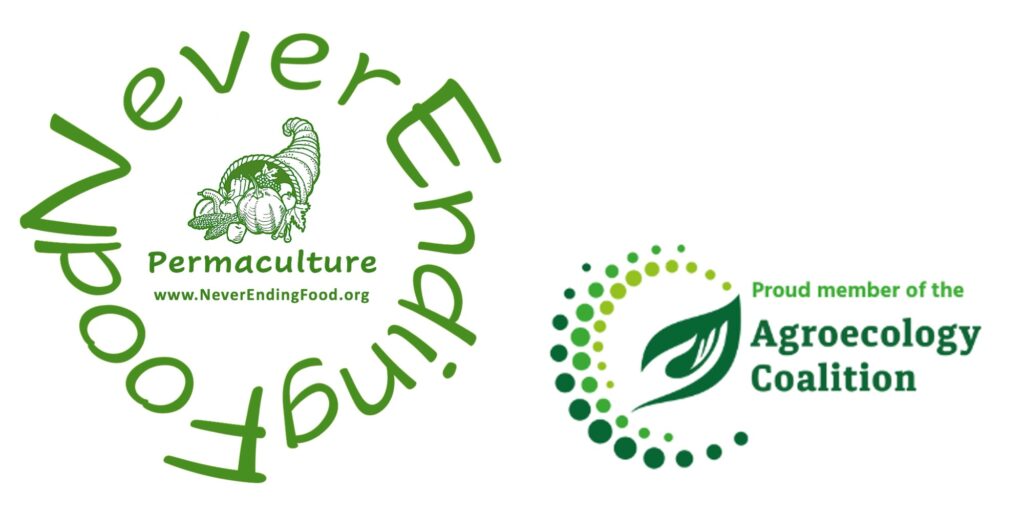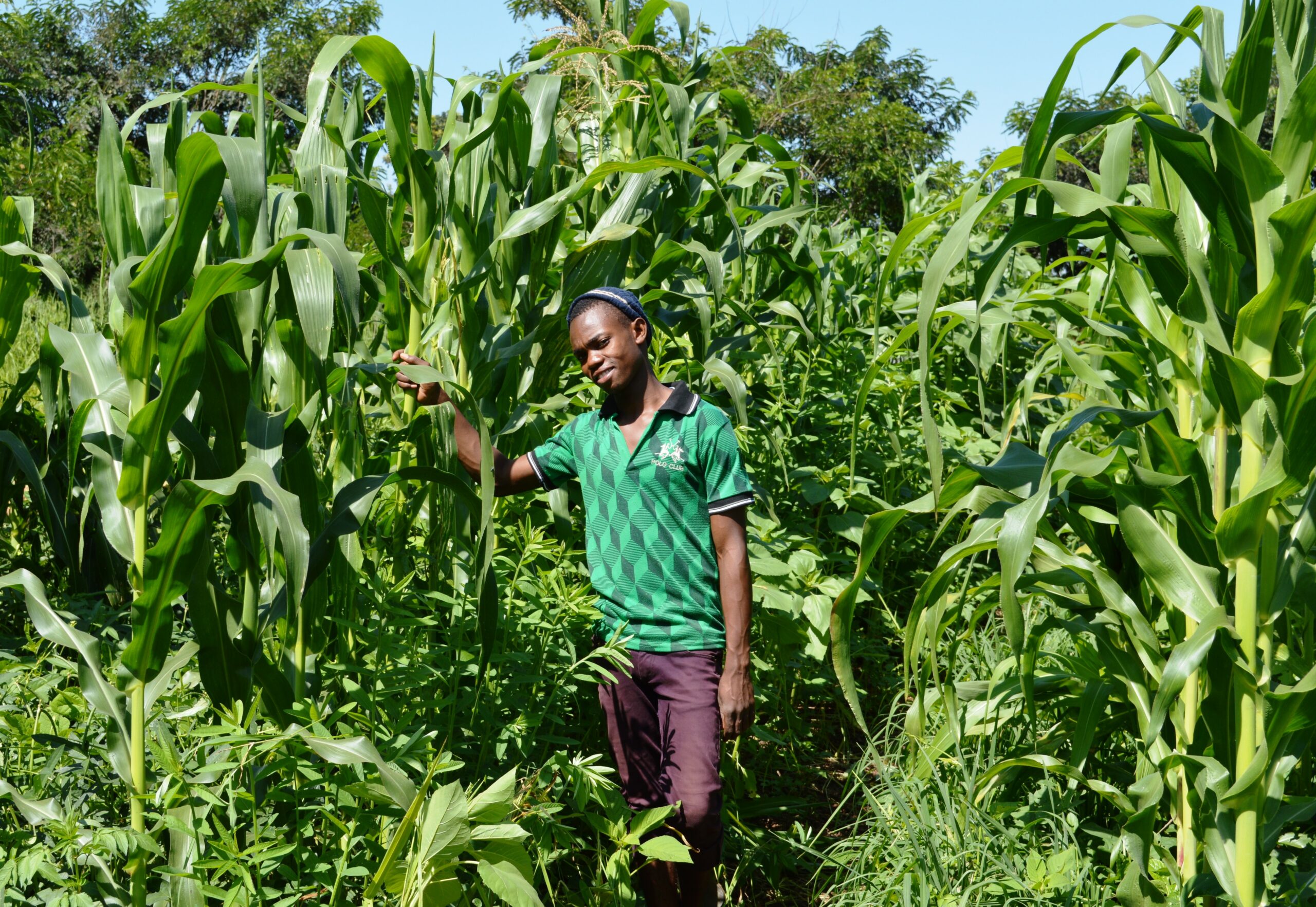
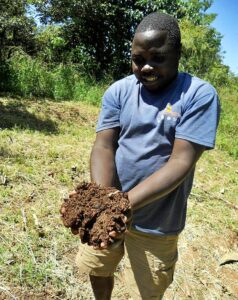
Integrated Pest Management (IPM) is an environmentally-friendly way to help manage that damage that may be caused by pests or diseases, using a combination of common-sense practices.
Healthy plants begin with healthy soil. Beneficial microorganisms which are found in the soil, along with healthy bacteria, fungi, organic matter, minerals, and other soil nutrients all work together to create an ‘immune’ system for the soil. Just like our bodies, the stronger we are able to make our immune system, the better we are able to prevent ‘pests’ (germs, viruses, etc.) and diseases. The same goes for the soil; the healthier it becomes, the healthier our plants and animals become.
Agroecological approaches, such as organic farming and Permaculture, always try to avoid the use of toxic synthetic chemicals. Unfortunately, ‘conventional’ agriculture has created a system where the beneficial ingredients of healthy and balanced ecosystems are continually being removed. When this happens, it switches from ‘conventional’ agriculture into ‘compensation’ agriculture. When monocropping removes the diverse return of organic matter, we ‘compensate’ with synthetic fertilizers. When monocropping removes the habitat for beneficial predators, we ‘compensate’ with synthetic pesticides. When we don’t appreciate the role of pioneer species, we ‘compensate’ with synthetic herbicides.

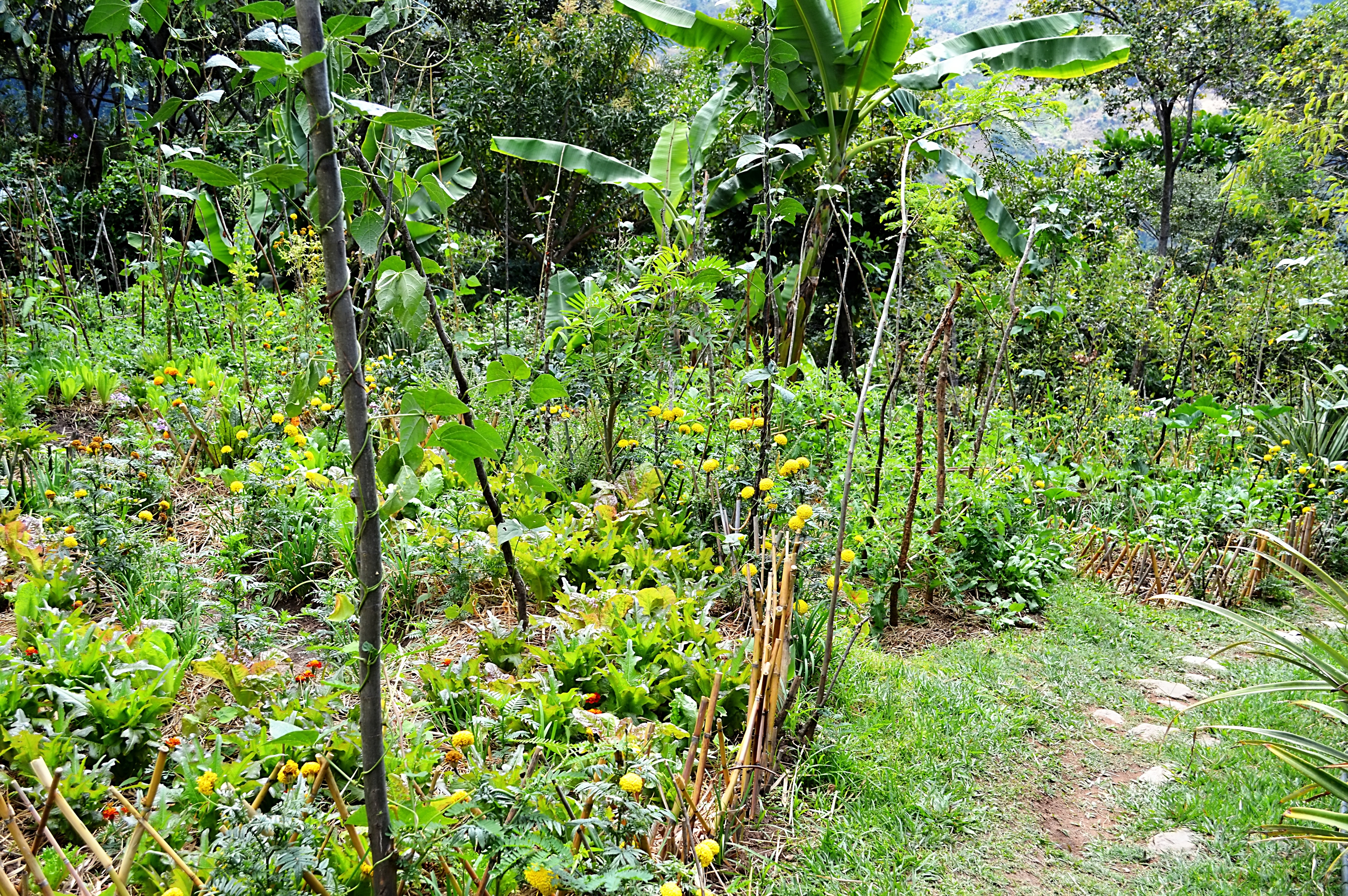
Organic farming sometimes gets criticized as being too ‘expensive and labor-intensive’. This is generally an accurate criticism for organic farmers who are trying to use the ‘compensation’ agricultural model without the use of synthetic chemicals. This requires a great deal of additional work and expensive inputs. What we have found here at Never Ending Food, however, is that when we begin to mimic the patterns of natural ecosystems (through the use of Permaculture Principles), the production becomes inherently organic, healthy, and balanced.
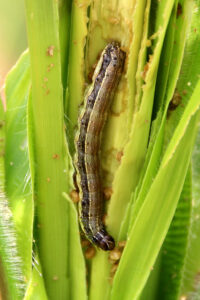
Take for instance the Fall Armyworm. Many farmers complain about the devastating affect of this caterpillar on their maize crops. In 2018, it was estimated that the armyworm in Malawi damaged 382,000 hectares of land and impacted more than one million farming families. Subsequently, in the 2018 rainy season, the government of Malawi purchased 18,000 liters of pesticides to poison the armyworms, and in 2019, they purchased 30,000 liters. Likewise, during the 2016/17 rainy season, the government of Zambia spent over 3 million US dollars on pesticides, personal protective equipment and seeds for replanting to manage the Fall armyworm.
But do you know who isn’t complaining about the Fall armyworm? The people from the Forestry Department, and those who work in natural environments. In fact, there was even a study done in South Africa which demonstrated that having forests close to farming areas positively affected the control of the Fall armyworm (primarily due to an increase in natural predators such as bats, birds, and others).
Permaculture helps us to grow food the way that nature wants to grow. This means learning from natural ecosystems and using their diverse patterns to meet our needs. When we mimic a natural ecosystem, like a forest, we begin to see an increase in all sorts of beneficial predators. Some of these are pictured below:
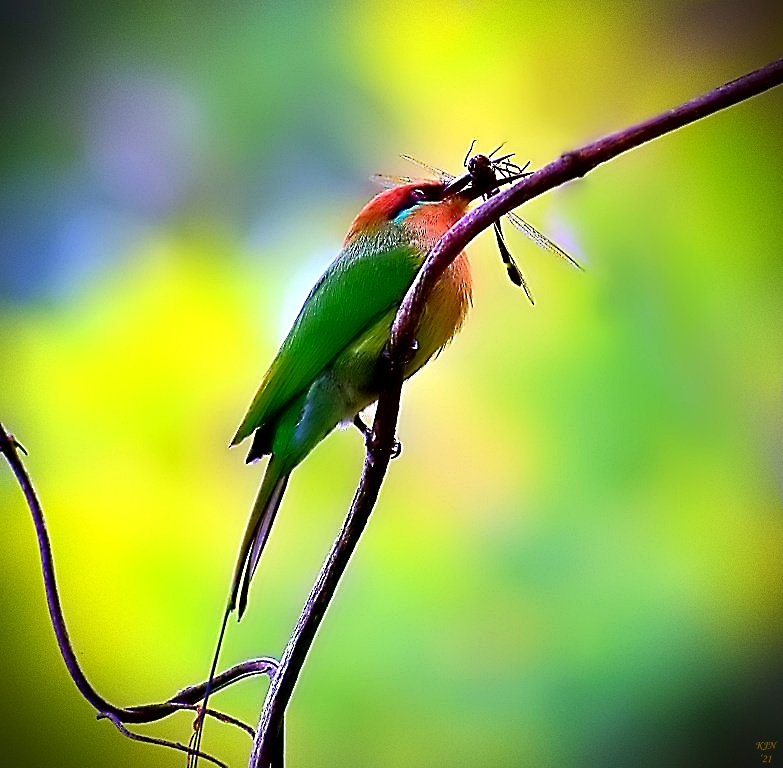
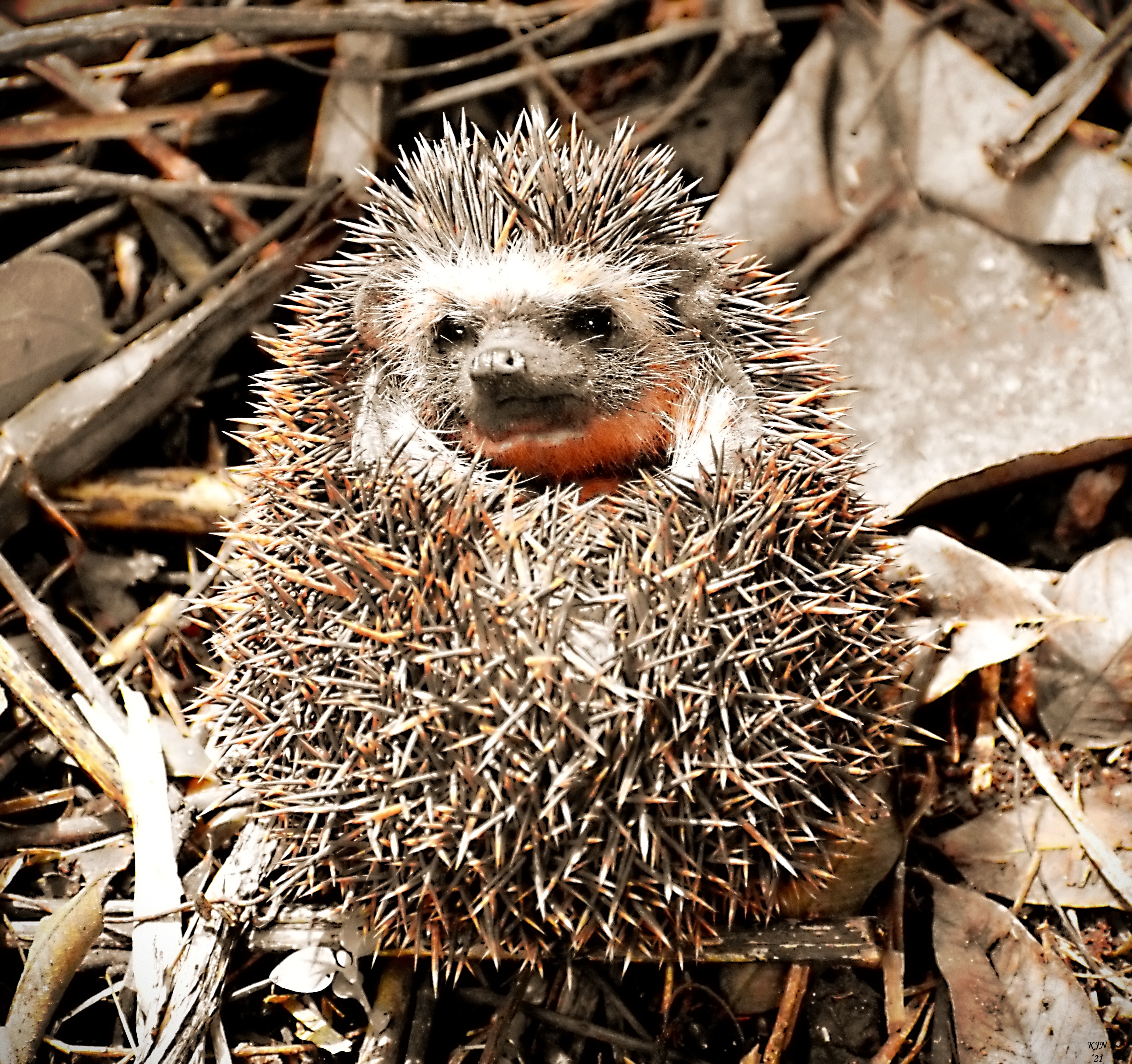
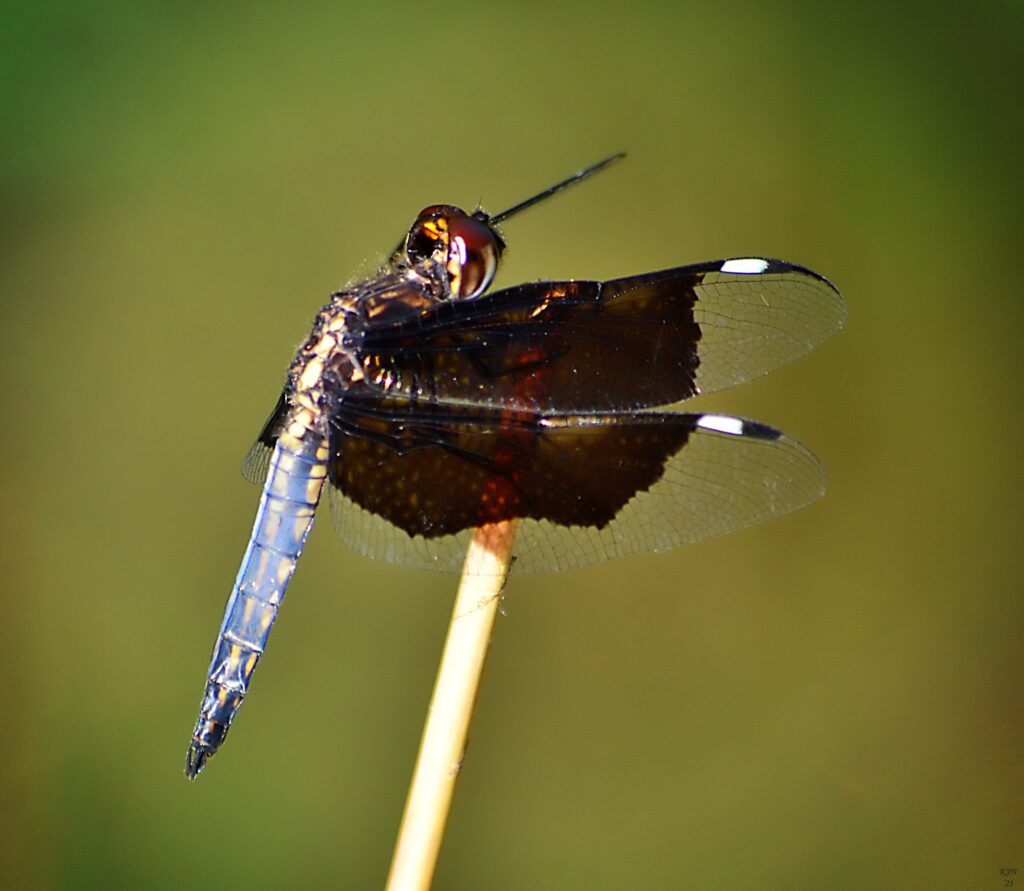
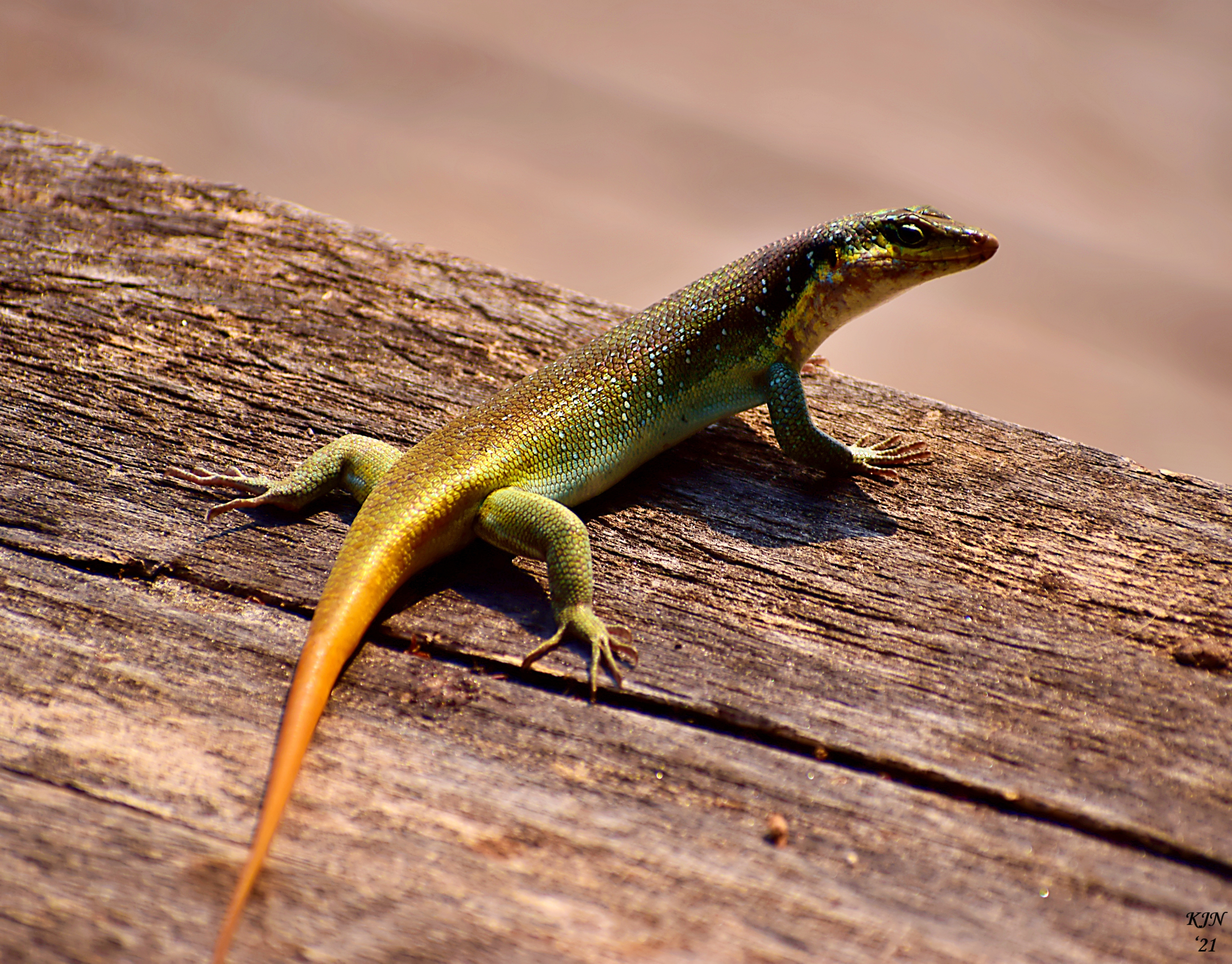
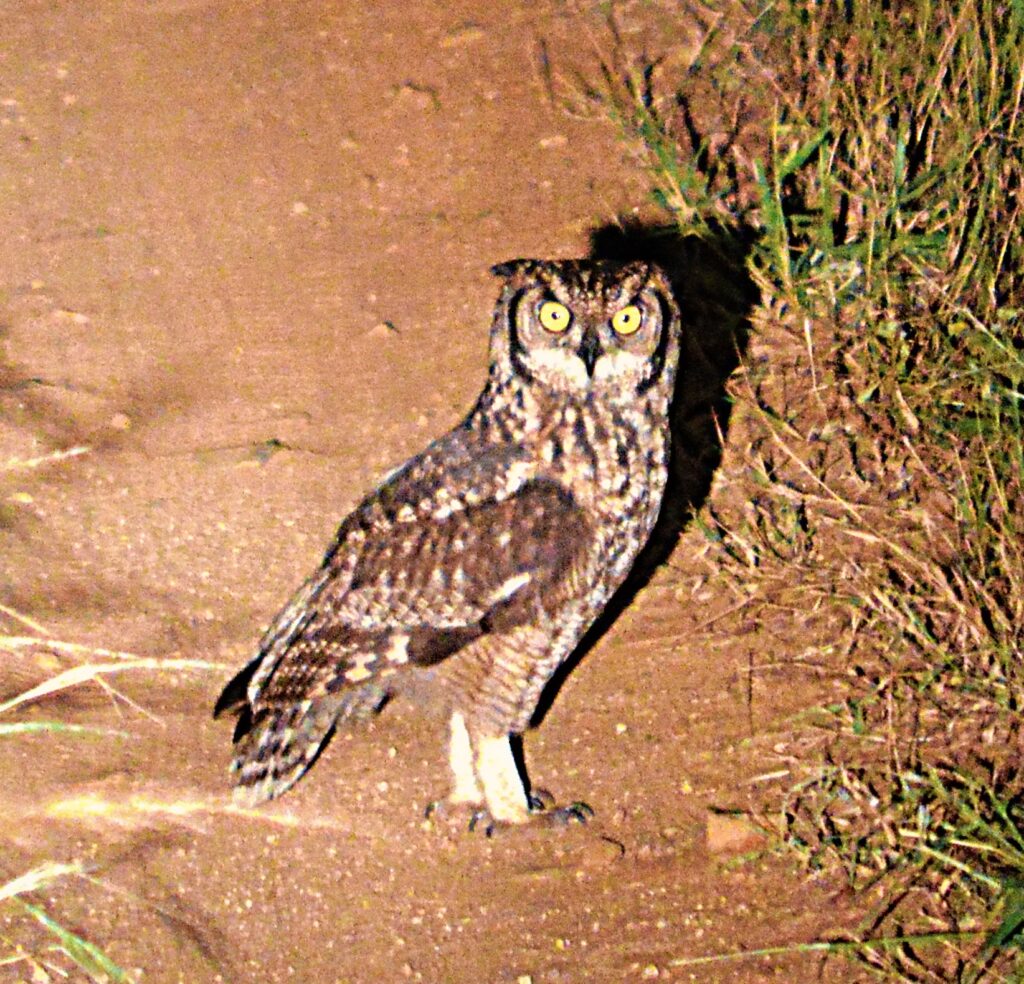
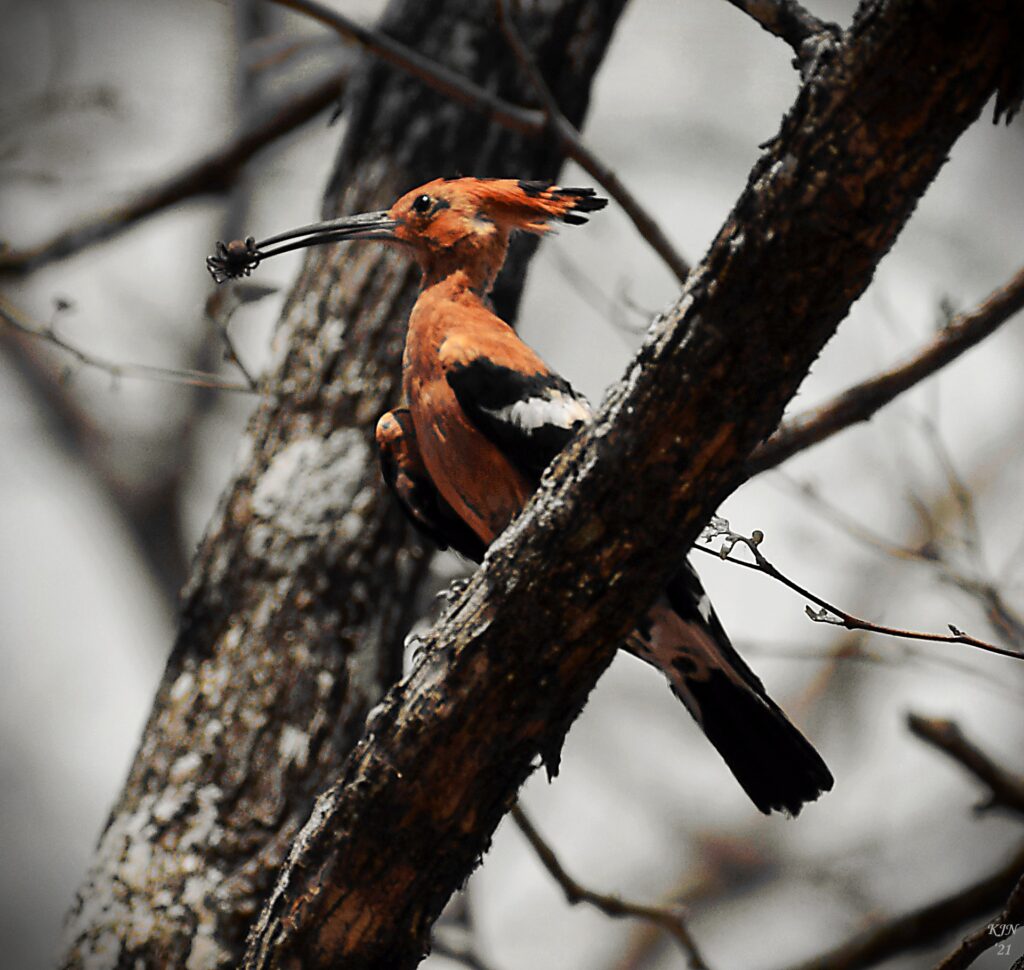
A good Permaculture Designer is always trying to bring back diversity to any site. This includes a diversity of plants, trees, insects, animals, microorganisms, and even nutrition. One of the ways that we can attract beneficial predators back to our systems is by providing habitat. If you can find out what certain species need for their survival, then you can often establish these species as part of your designs. You can also provide handmade habitat systems for beneficial predators, which include insect boxes, bird baths, water features, flowering plants, bird houses, etc.
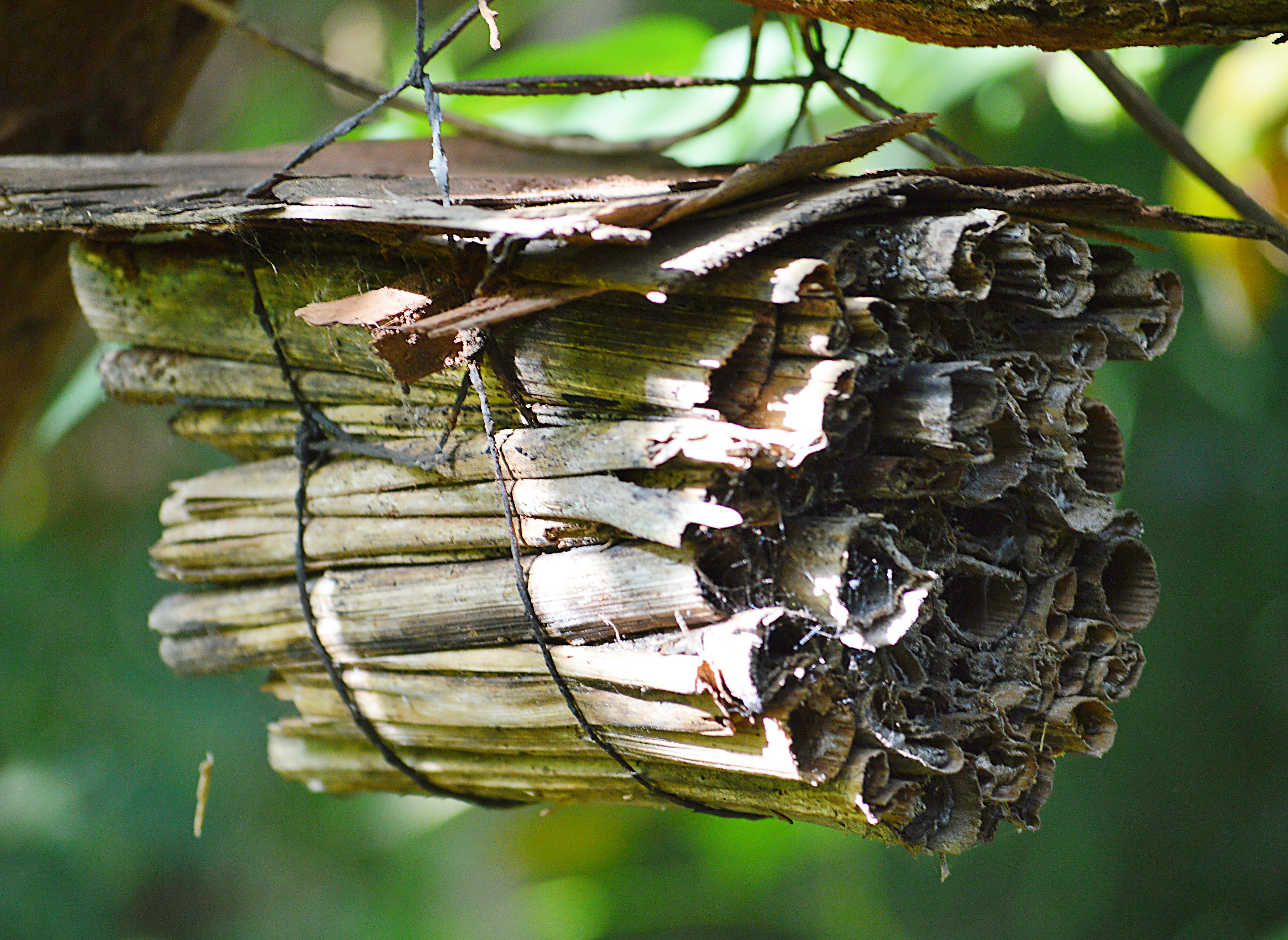
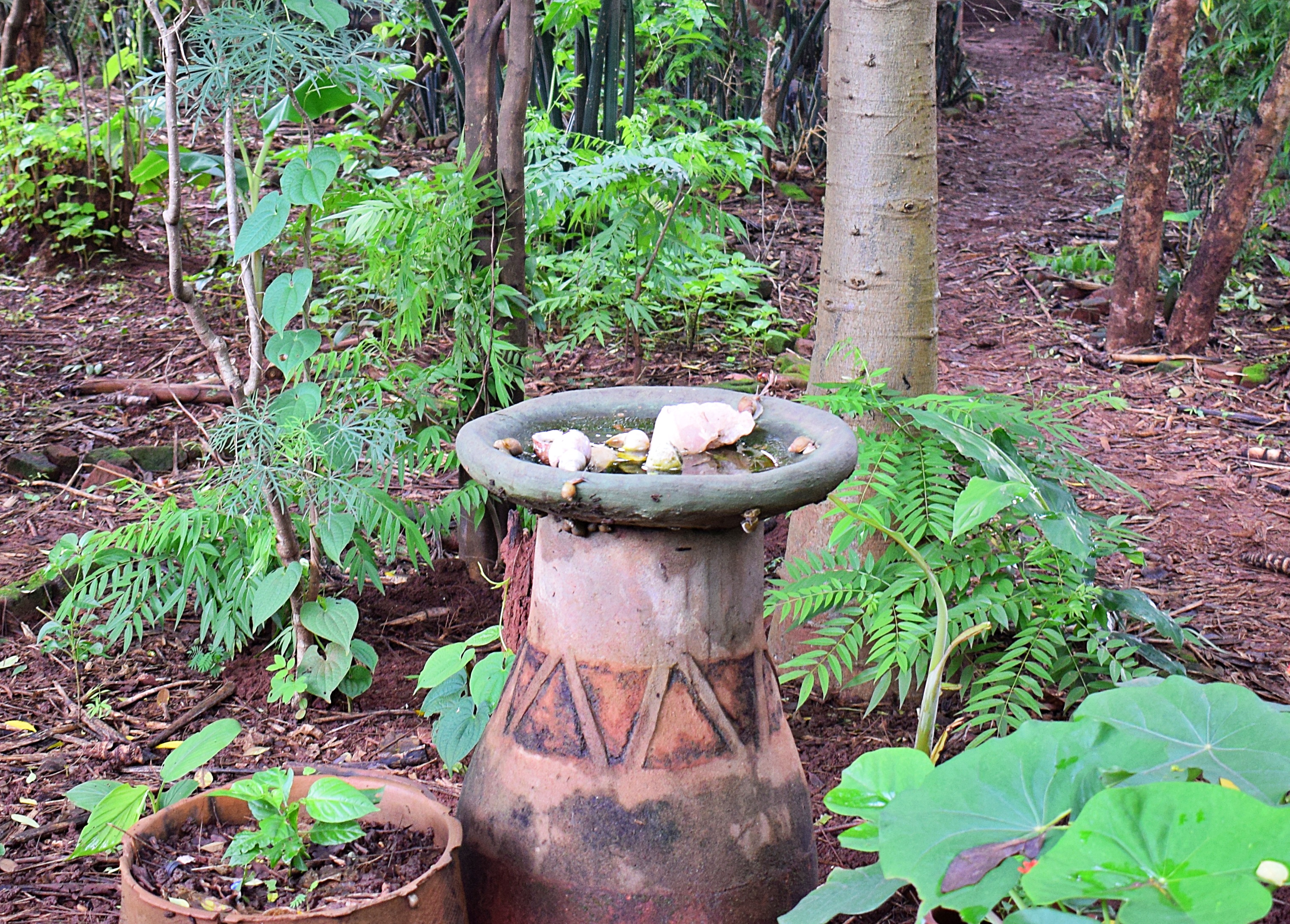
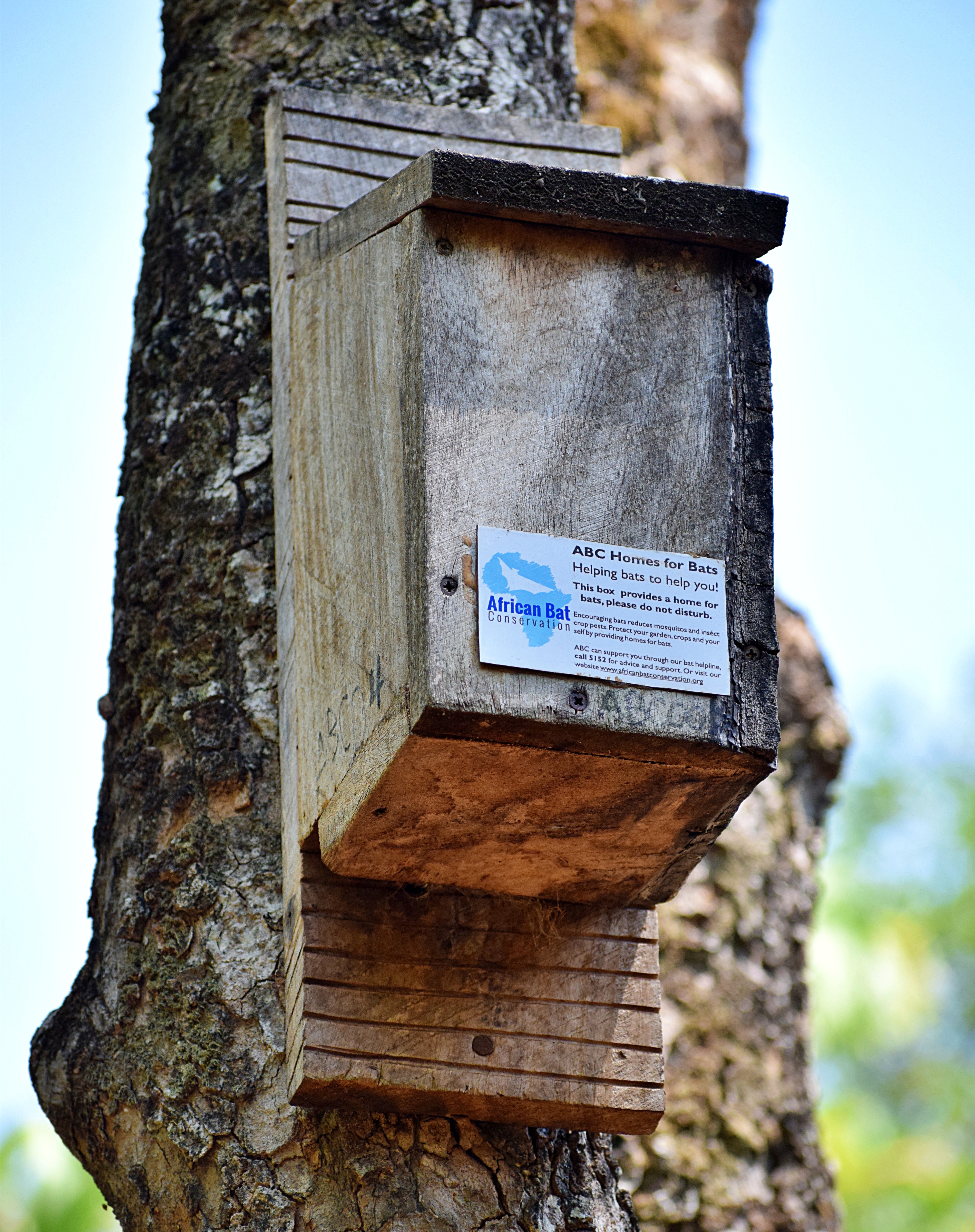
By providing habitat, you will help to bring back beneficial predators which will help to keep other insects in balance. When ecosystems are restored, you will often begin to notice a yearly increase in these beneficial populations without you having to do any extra work. Some of these beneficial predators include spiders, praying mantis, ladybugs, lacewings, parasitic wasps, and more.
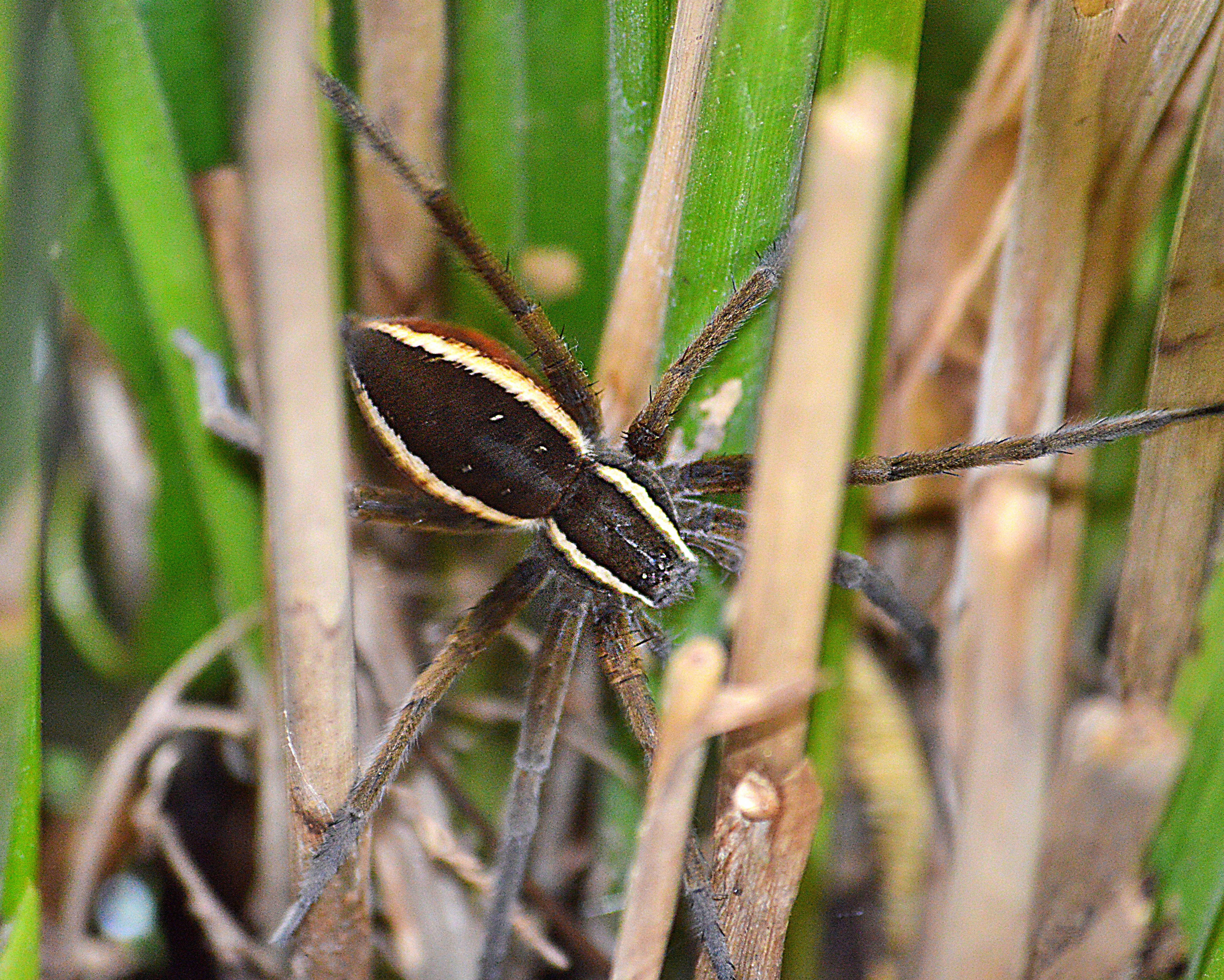
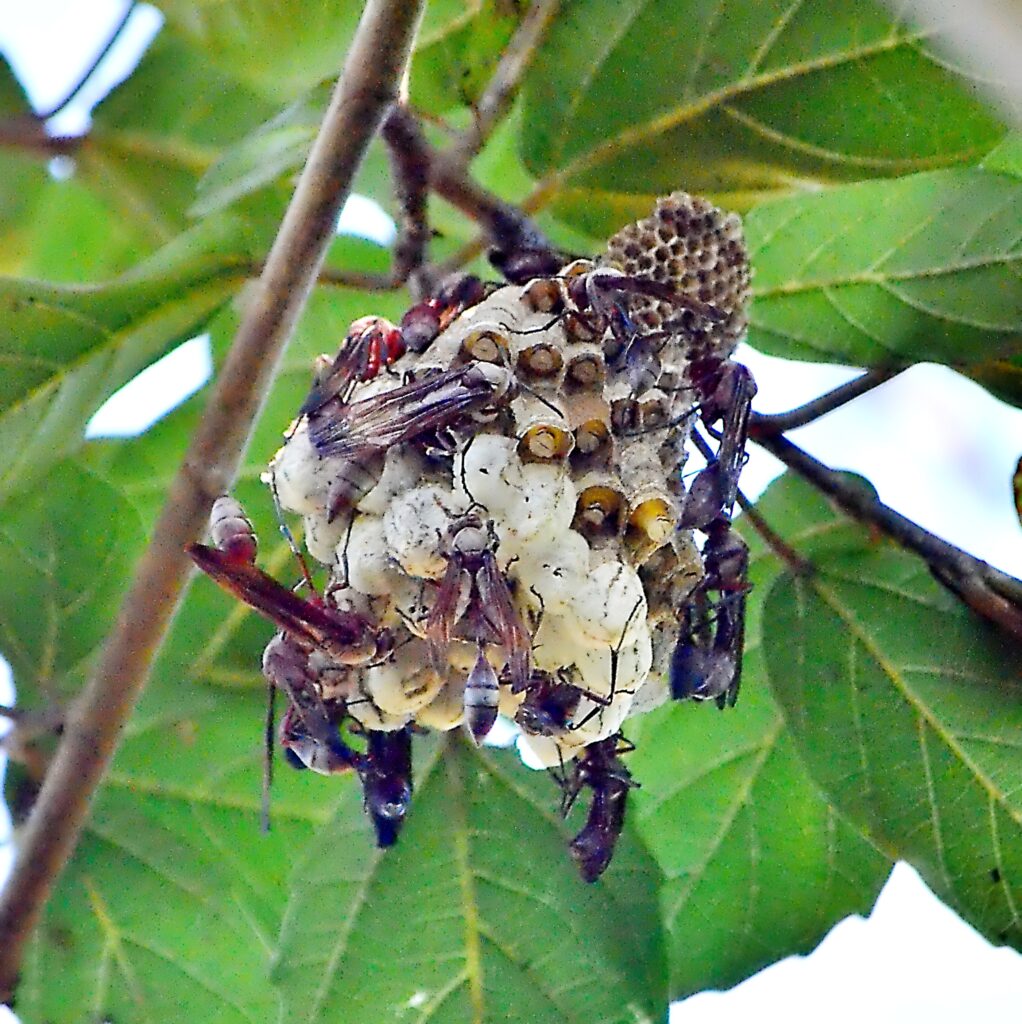
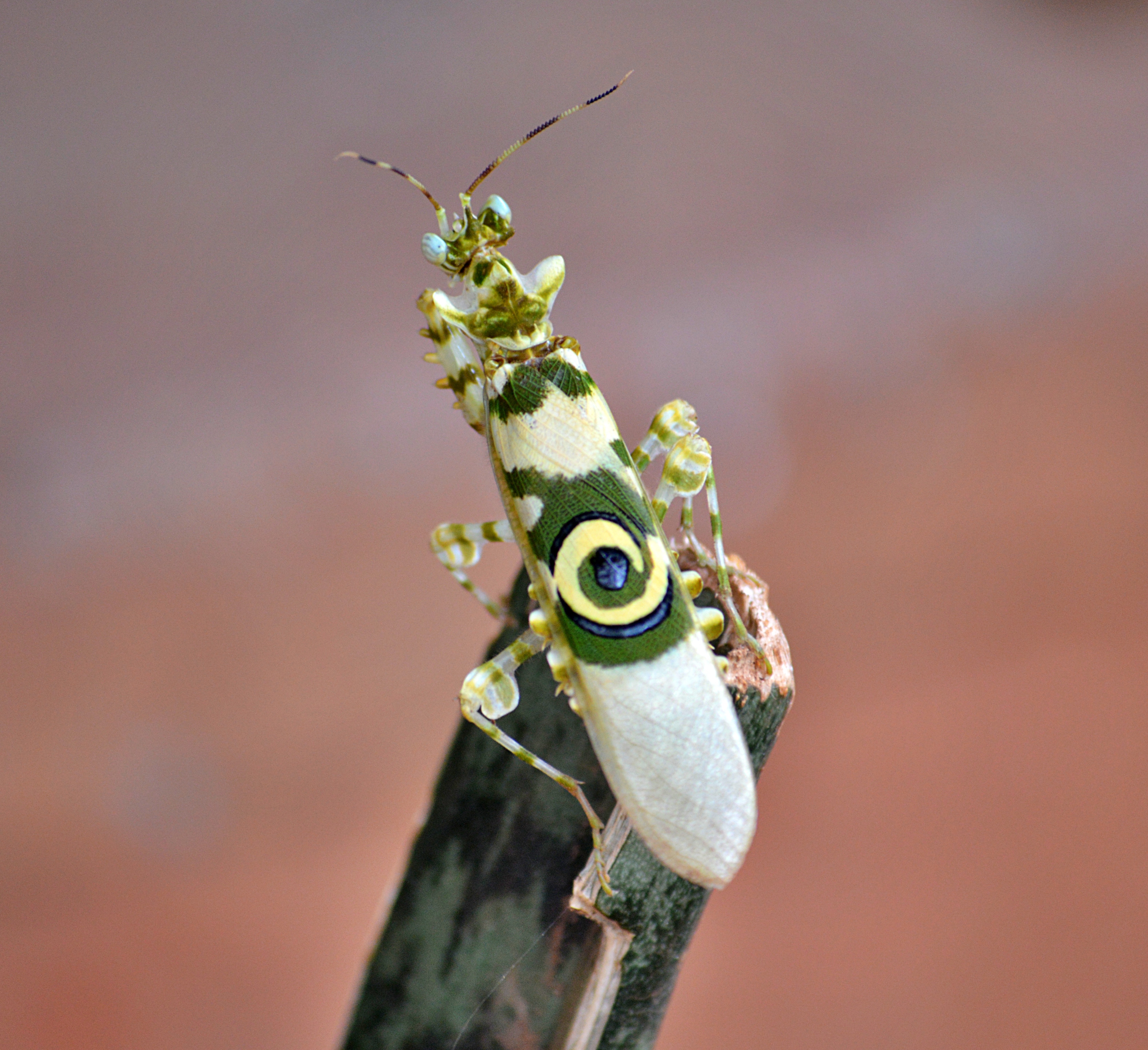
Many insects find their food through smell, so strong-smelling plants often help to confuse and repel insects. Most of your edible herbs (e.g. basil, rosemary, mint, marjoram, thyme, etc.) can all be intercropped throughout your site to help with IPM. Other plants, like lemongrass and citronella, also help to keep away mosquitoes that may cause malaria. The plants below are commonly found throughout Malawi:
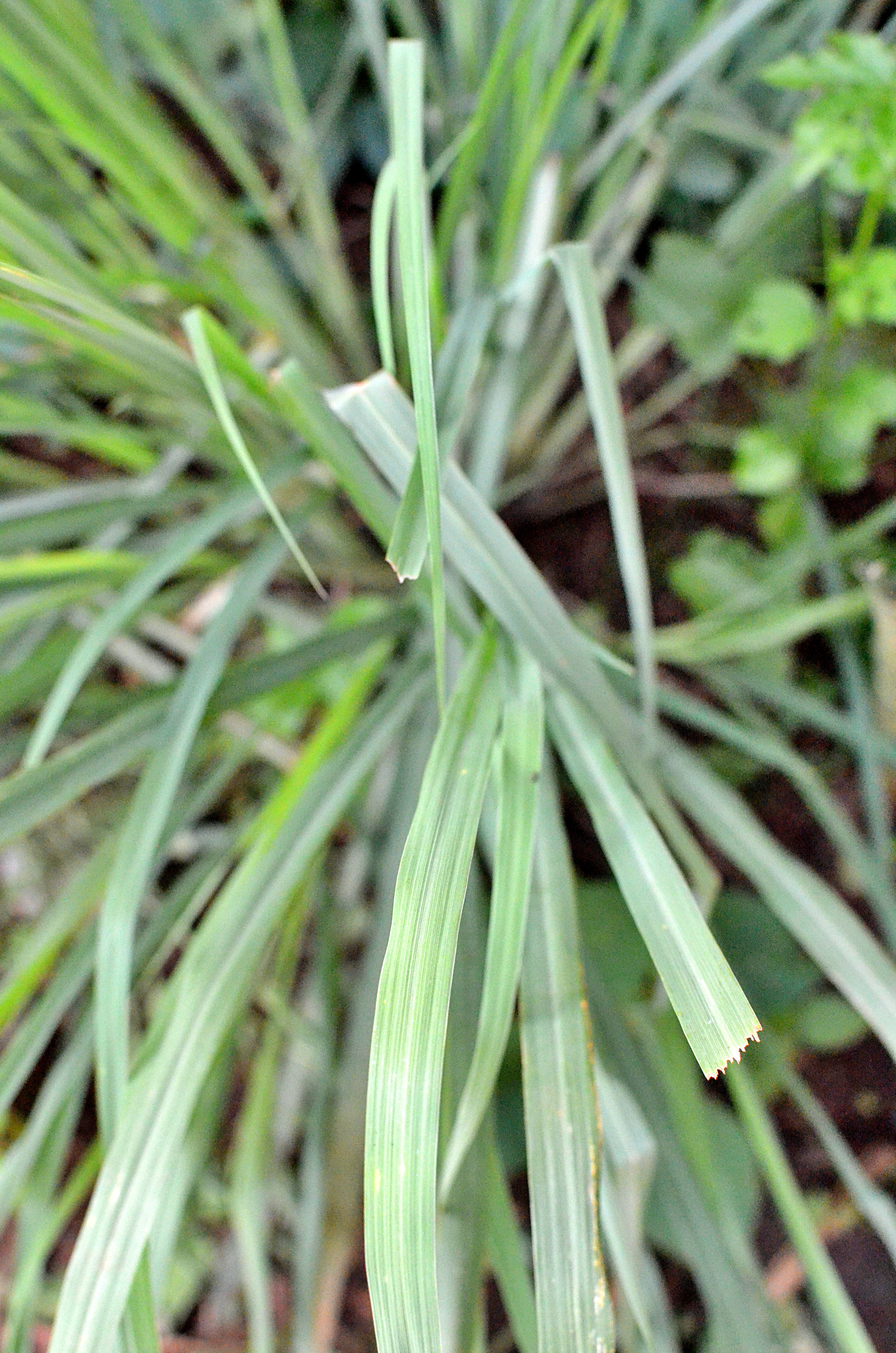
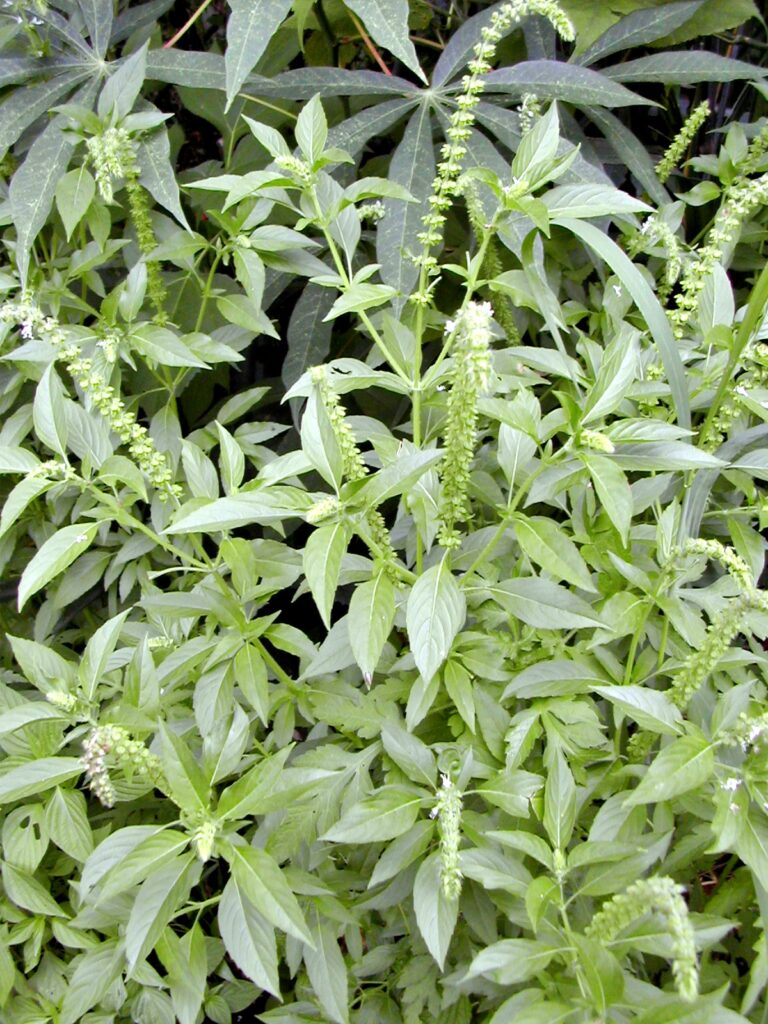

The following is a fantastic brochure on the basics of organic Integrated Pest Management (IPM). It has been published by the National Center for Appropriate Technology, an organization that has been “helping to build resilient communities through local and sustainable solutions that reduce poverty, strengthen self-reliance, and protect natural resources since 1976.” The brochure may be downloaded below:
All donations go directly towards helping to spread Permaculture solutions throughout Malawi. Every little bit helps, and even a little can go a long way!
